On April 24, 1916 in Celtic History
Irish volunteers and citizen army seize the general post office ( gpo) in dublin
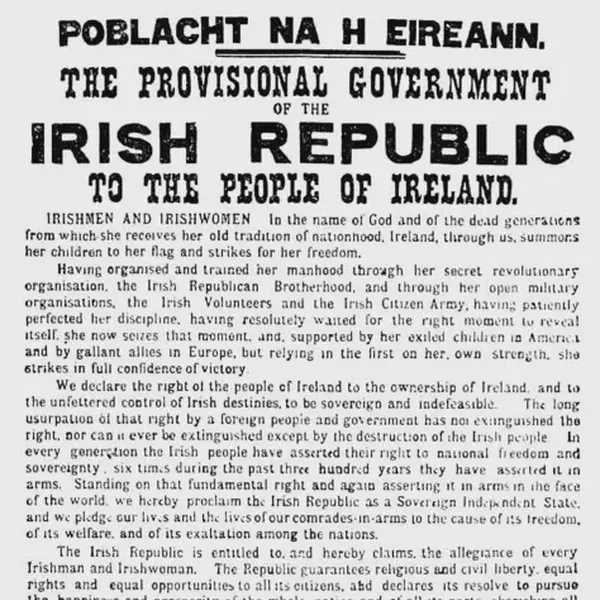
The Easter Rising (Irish: Éirí Amach na Cásca) was a rebellion staged in Ireland against British rule on Easter Monday in April 1916. Despite its military failure, it can be judged as being a significant stepping-stone in the eventual creation of the Irish Republic.
The rising was the most significant since the rebellion of 1798. It was an attempt by militant republicans to violently force independence from the United Kingdom. The Irish Republican revolutionary attempt occurred from April 24 to April 30, 1916, in which a part of the Irish Volunteers led by school teacher and barrister Pádraig Pearse and the smaller Irish Citizen Army of James Connolly seized key locations in Dublin and proclaimed an Irish Republic independent of Britain. The Rising was suppressed and its leaders executed.
The event is seen as a key turning point on the road to Irish independence, as it marked a split between physical-force republicanism and mainstream non-violent nationalism represented by the Irish Parliamentary Party under John Redmond. Redmond, through democratic parliamentary politics had won an initial stage of Irish self-government within the United Kingdom, granted through the Third Home Rule Act 1914. This Act, limited by the fact that it partitioned Ireland into Northern Ireland and Southern Ireland, was placed on the statute books in September 1914, but suspended for the duration of World War I. It ultimately became enacted under the Government of Ireland Act, 1920.
However, by then Irish nationalism was dominated by militant Republican politics that had been espoused by the Easter 1916 rebels. Surviving officers of the uprising (including Eamon de Valera, Cathal Brugha, and Michael Collins) went on to organise the Irish War of Independence from 1919-1921 which resulted in the Anglo-Irish Treaty of 1921 and independence for 26 of Irelands 32 counties. The executed leaders of the Easter Rising are venerated in the Irish Republican tradition as martyrs and as founders of the Irish Republic.
More From This Day

Large supply of guns from Germany are landed at Larne for the Ulster Volunteer Force (UVF)
April 24, 1913
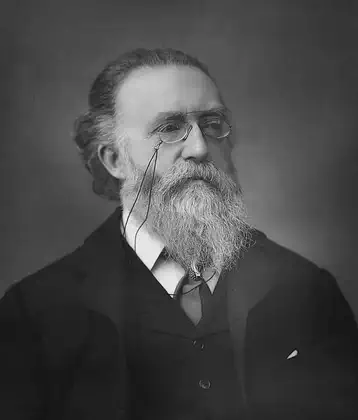
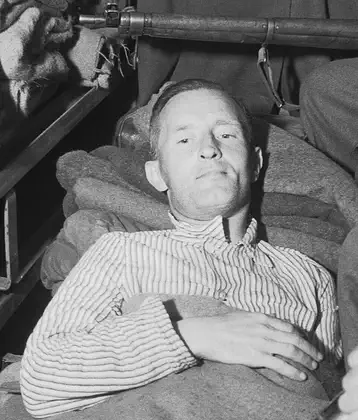
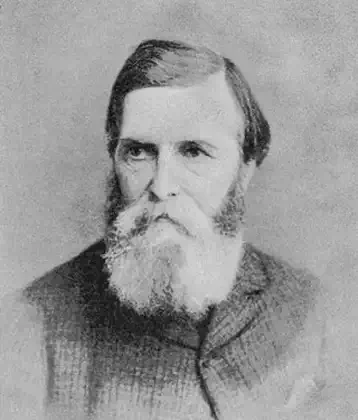
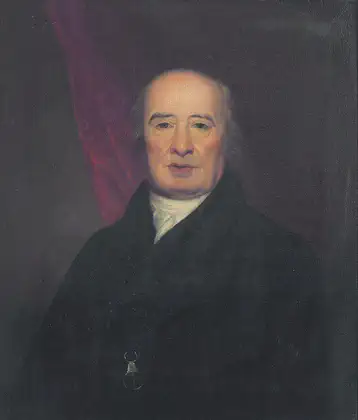



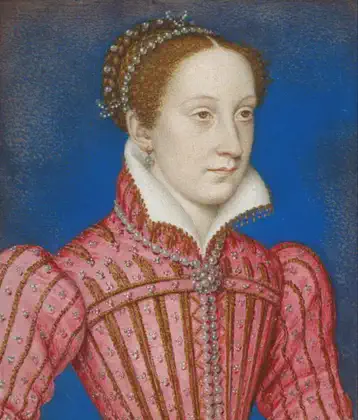
Mary, Queen of Scots, married French Dauphin, Francis Valois (he was aged 14) at Notre Dame in Paris.
April 24, 1558